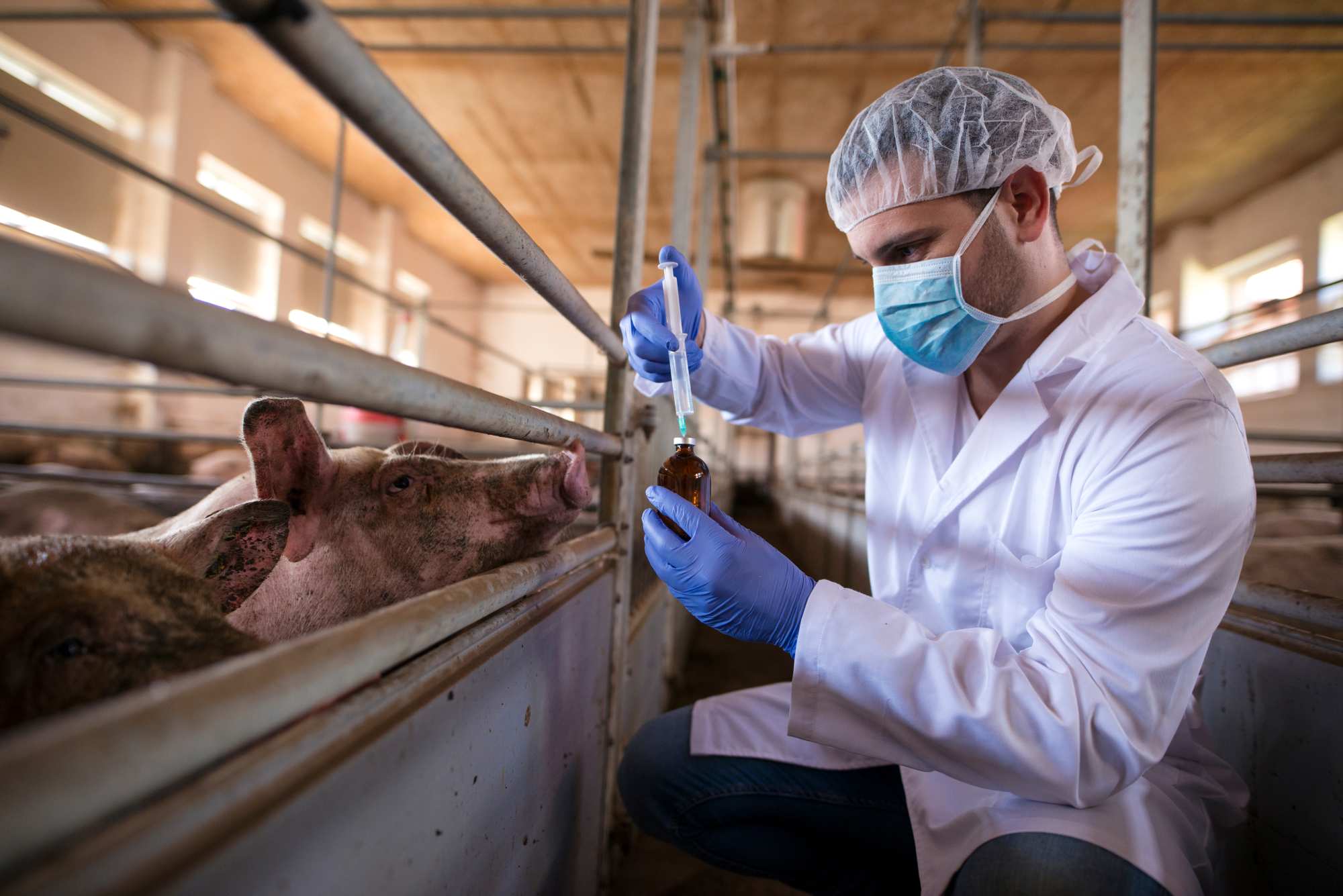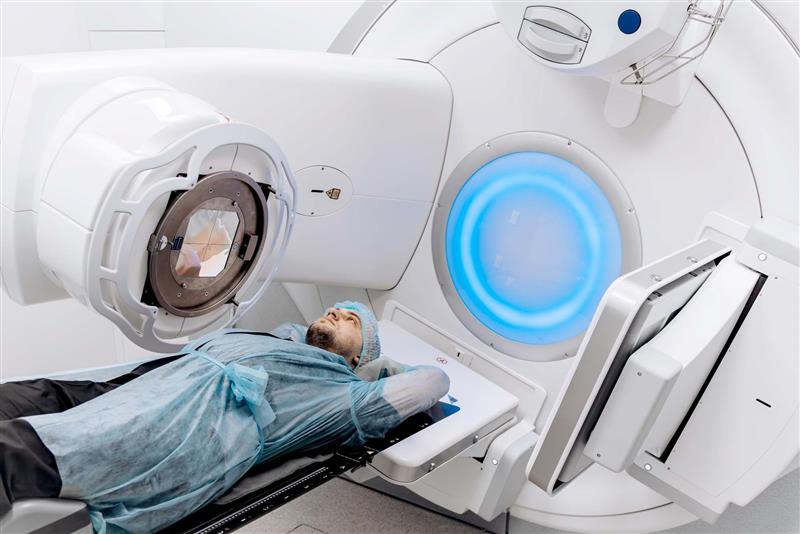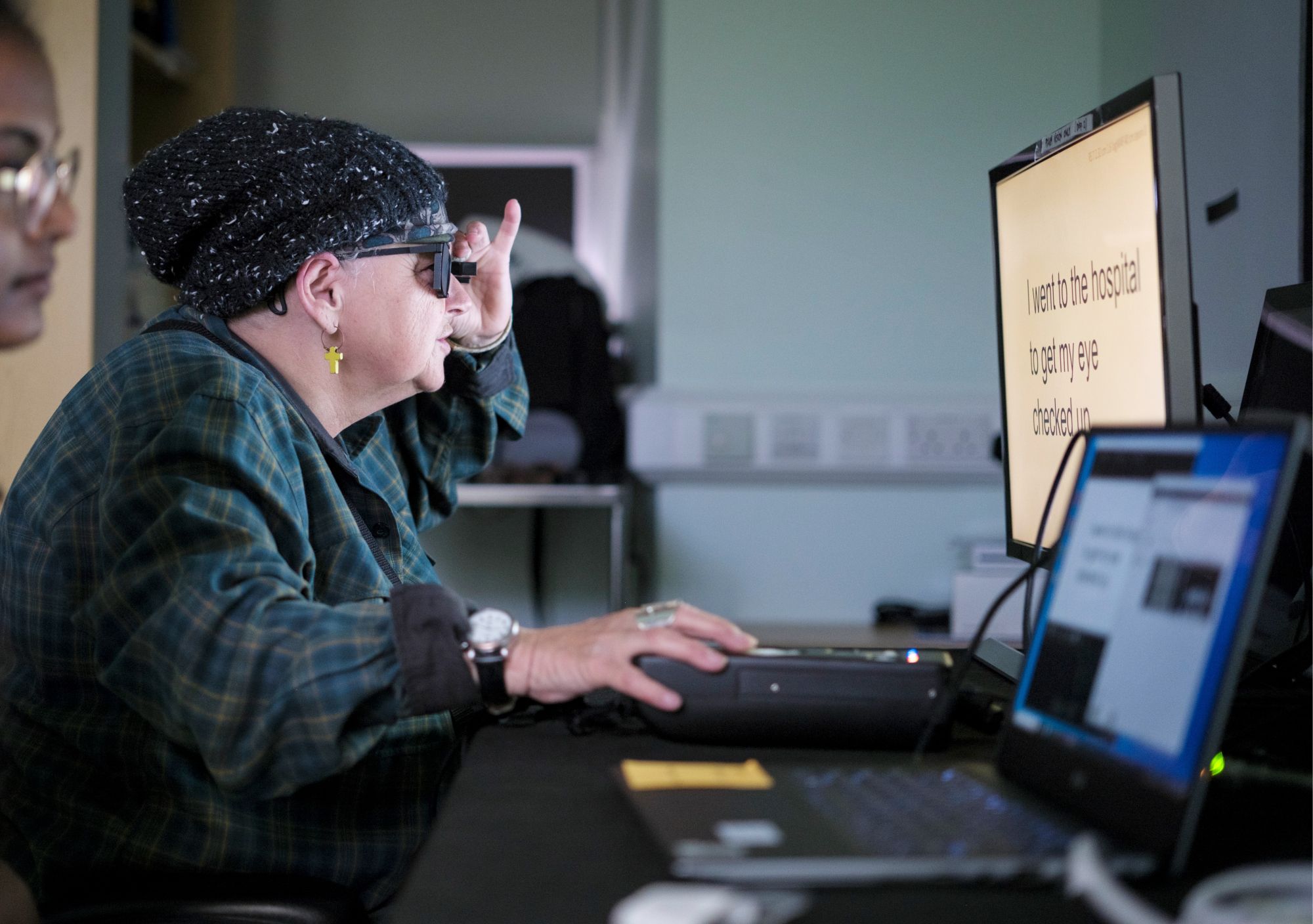One in ten non-coeliac people experience various symptoms after eating gluten
Even if they have not been diagnosed with coeliac disease or wheat allergy, one in 10 people say they experience symptoms – gastrointestinal, fatigue or headache – after eating wheat or other foods containing gluten, according to a meta-analysis published in the journal Gut. This sensitivity is strongly associated with being female, psychological distress and irritable bowel syndrome, according to the study.








